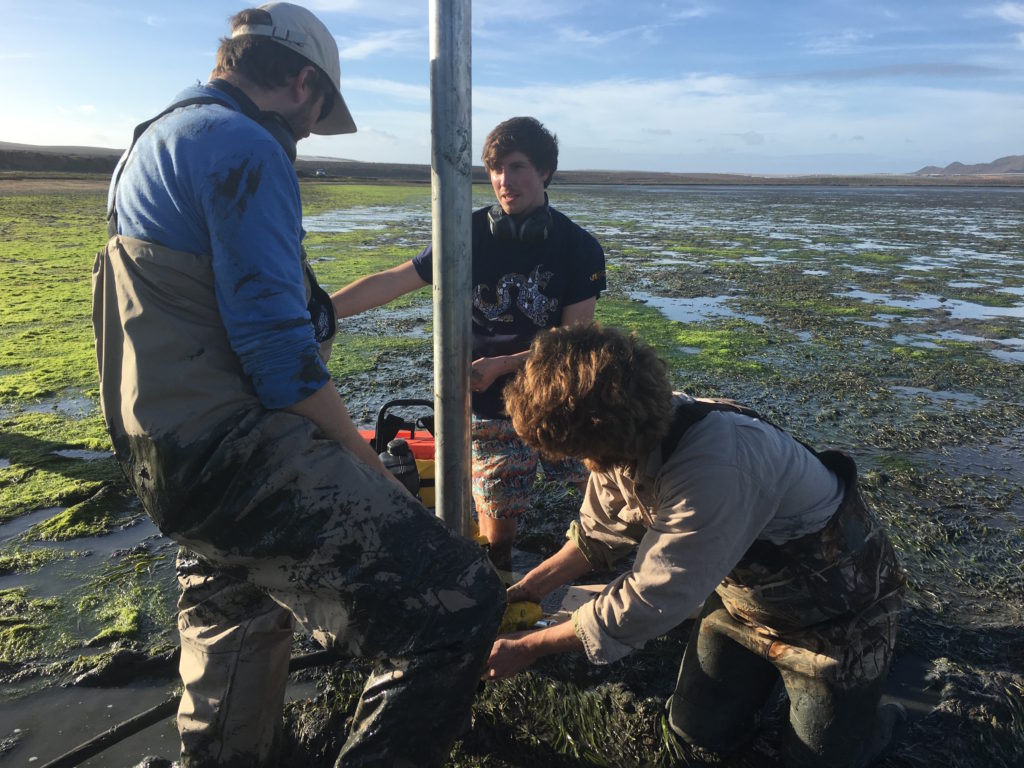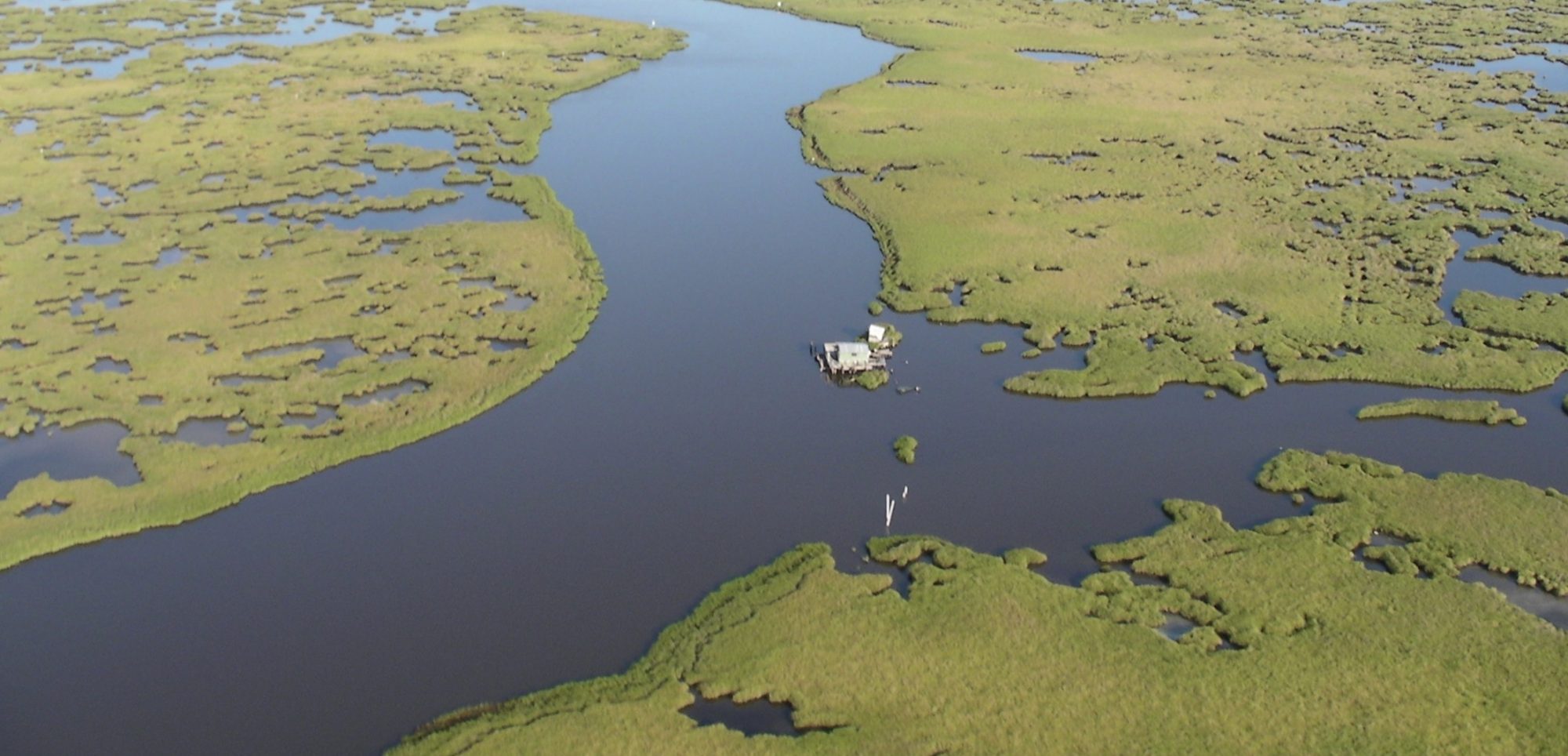
Ph.D. Candidate, Drexel University
2020 Field Travel Grant Type 1
Blue carbon in an Eastern Pacific reverse estuary: organic matter cycling links salt marshes and seagrass beds
“Although salt marshes and seagrass meadows cover only a small fraction of the global coastal habitat, they are highly valued due to the ecosystem services they provide, such as coastline protection, fisheries support, carbon (C) storage, and the provision of habitat to diverse communities. Despite decades of research, the individual processes governing the fate of C in coastal systems are not yet fully understood. This is partially due to the lack of global coverage of investigations into coastal C dynamics, with regions such as Europe, the West Atlantic and Australia being overrepresented. Furthermore, there is a lack of comprehensive studies of C cycling in coastal systems across habitats, even though the links of organic matter cycling in mangroves, seagrass meadows, and marshes are apparent. The goal of my dissertation research is to investigate the role of salt marshes and seagrass meadows in carbon cycling in Bahía San Quintín on the Pacific Coast of Mexico. This bay is an ideal model system to study, because it experienced little anthropogenic impact. Forty-six percent of this shallow estuary are covered by largely monospecific Zostera marina beds, representing the southernmost end of the global distribution of this species, and much of the remainder of the bay is covered by coastal wetlands, dominated by Sarcocornia pacifica and Spartina foliosa.”
